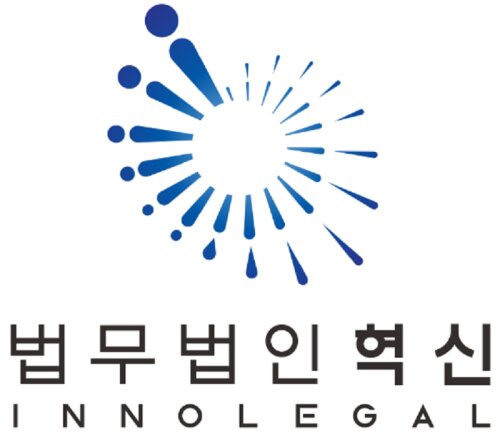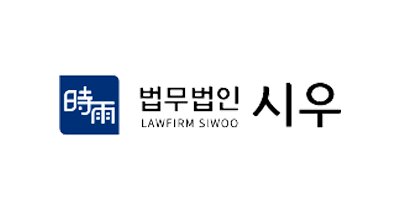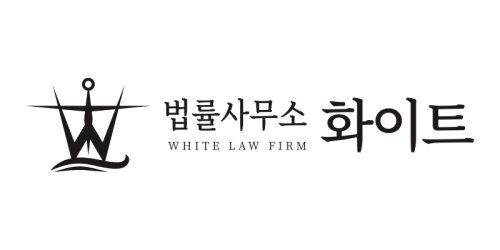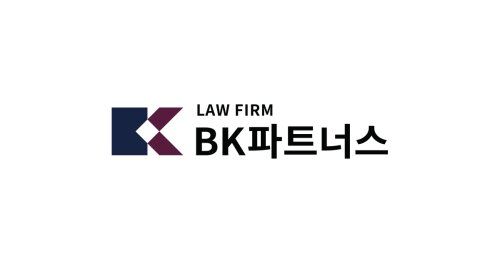Best Drunk Driving Lawyers in South Korea
Share your needs with us, get contacted by law firms.
Free. Takes 2 min.
Or refine your search by selecting a city:
List of the best lawyers in South Korea
About Drunk Driving Law in South Korea
Drunk driving is taken very seriously in South Korea, where it is considered a major offense due to its potential to cause harm or even death. South Korean law imposes strict penalties for driving under the influence (DUI) of alcohol. The legal blood alcohol concentration (BAC) limit is low, making the laws stricter than in many other countries. This vigilance is intended to deter impaired driving and enhance public safety on the roads.
Why You May Need a Lawyer
There are several situations where individuals might require legal assistance in cases of drunk driving:
- First-time Offense: Even if it is a first-time offense, understanding the legal processes can be complex. A lawyer can help navigate the situation efficiently.
- Repetitive Offenses: Consequences escalate with repeated offenses, including harsher fines and longer license suspension periods. Legal representation is crucial in such cases.
- Accidents: If an accident occurs while driving under the influence, the legal implications can multiply, potentially leading to felony charges.
- Contest Charges: If there are grounds to contest the charge due to procedural mistakes or inaccurate BAC tests, a lawyer can assist in preparing a viable defense.
- License Suspension: Legal intervention could potentially help in negotiating circumstances around license suspension or its reinstatement.
- Language Barrier: For foreign nationals, language barriers and understanding local laws can be challenging, making legal representation invaluable.
Local Laws Overview
South Korea’s drunk driving laws entail several key points:
- Legal BAC Limit: The maximum blood alcohol concentration is 0.03%, effective since June 2019. This is one of the strictest limits globally.
- Penalties: Penalties vary depending on the BAC level, from fines and license suspension to imprisonment for higher BAC levels or severe outcomes.
- Zero Tolerance for Commercial Drivers: Professionals, including bus and taxi drivers, face a zero-tolerance policy regarding alcohol consumption.
- Vehicle Confiscation: In serious cases, repetitive offenders could face vehicle confiscation under South Korea's enhanced measures against drunk driving.
- Breath Alcohol Testing: Sobriety checkpoints are common, and refusal to undergo a test can carry similar penalties to a DUI offense.
Frequently Asked Questions
What is the legal blood alcohol limit in South Korea?
The legal blood alcohol concentration (BAC) limit in South Korea is 0.03%.
What happens if I refuse a breathalyzer test?
Refusing a breathalyzer test can result in severe penalties, similar to those for failing a test, including fines and possible imprisonment.
Can foreign nationals facing DUI charges in South Korea return home?
Foreign nationals may face travel restrictions and difficulty in leaving the country until legal proceedings are concluded.
How are commercial drivers affected by DUI laws?
Commercial drivers, such as bus and taxi drivers, must operate under zero alcohol tolerance, and violations lead to serious legal action.
What are the consequences of a DUI-related accident?
DUIs resulting in accidents lead to heftier fines, longer jail terms, and a permanent conviction record, often compounded if there are injuries or fatalities.
Are there enhanced punishments for repeat offenders?
Yes, repeat DUI offenders face significantly harsher penalties, including longer jail terms and possibly vehicle confiscation.
Is it possible to have the charges reduced?
Reduction of charges may be possible under certain circumstances, particularly if there is a procedural issue or other technical defense.
What is the distinction between DUI and DWI in South Korea?
This distinction does not exist in South Korea; DUI encompasses any driving under the influence.
How can a lawyer help with DUI charges?
A lawyer can assist in navigating the legal system, preparing defenses, negotiating lesser penalties, and ensuring fair treatment under the law.
Are DUI checkpoints common, and what should I expect?
Yes, DUI checkpoints are common. Drivers are usually required to submit to a breathalyzer test. Compliance is mandatory to avoid additional penalties.
Additional Resources
Several resources can provide assistance and information for those facing DUI issues in South Korea:
- Local Law Firms: Many specialize in DUI cases and can offer legal advice tailored to your situation.
- South Korean Police: Official information and protocols related to DUIs can often be accessed through their departmental websites.
- Embassies: Foreign nationals can contact their country's embassy for assistance and resources regarding local legal processes.
- Driving Schools: Some offer courses on safe driving practices and the implications of DUI regulations.
Next Steps
If you find yourself in need of legal assistance due to a DUI charge in South Korea, consider the following steps:
- Document Everything: Keep a detailed record of the event, interactions with law enforcement, and any communications or documents you receive.
- Find a Lawyer: Seek a reputable local attorney with experience in handling DUI cases.
- Consult Your Embassy: For foreign nationals, getting assistance from your embassy is advisable for additional support and guidance.
- Attend All Legal Proceedings: Ensure compliance with legal requirements, as failure to do so might result in additional penalties.
- Consider Rehabilitation: Programs focusing on alcohol education may be viewed favorably in legal proceedings.
Remember, while facing DUI charges can be daunting, legal guidance and understanding your rights and responsibilities can significantly affect the outcome.
Lawzana helps you find the best lawyers and law firms in South Korea through a curated and pre-screened list of qualified legal professionals. Our platform offers rankings and detailed profiles of attorneys and law firms, allowing you to compare based on practice areas, including Drunk Driving, experience, and client feedback.
Each profile includes a description of the firm's areas of practice, client reviews, team members and partners, year of establishment, spoken languages, office locations, contact information, social media presence, and any published articles or resources. Most firms on our platform speak English and are experienced in both local and international legal matters.
Get a quote from top-rated law firms in South Korea — quickly, securely, and without unnecessary hassle.
Disclaimer:
The information provided on this page is for general informational purposes only and does not constitute legal advice. While we strive to ensure the accuracy and relevance of the content, legal information may change over time, and interpretations of the law can vary. You should always consult with a qualified legal professional for advice specific to your situation.
We disclaim all liability for actions taken or not taken based on the content of this page. If you believe any information is incorrect or outdated, please contact us, and we will review and update it where appropriate.
Browse drunk driving law firms by city in South Korea
Refine your search by selecting a city.

















